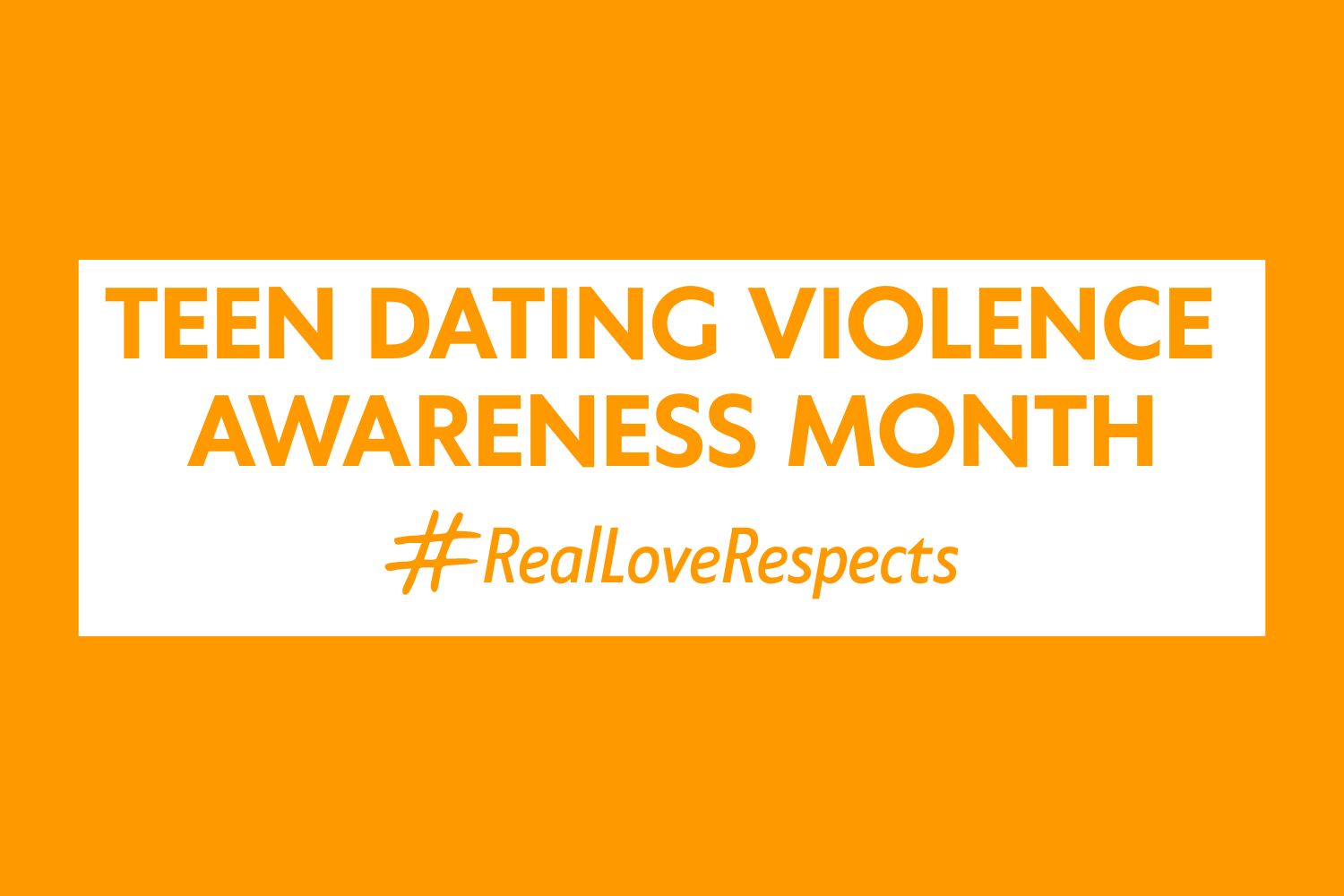Original article posted on Northforker.com, written by Tara Smith
AT A MOMENT in society where there’s been a cultural reckoning around sexual harassment in Hollywood, politics and other arenas, the Lady Brewsters of the North Fork are turning the conversation inward on the hospitality industry, where they say harassment and discrimination are pervasive.
The group hosted a candid panel discussion at North Fork Brewing Co. in Riverhead Friday to talk about how those issues impact the food and beverage industry.
“Whether you’re a patron or someone who works in the industry, these are important conversations to have,” said Lady Brewsters cofounder Michelle Demetillo, who co-moderated the event alongside Sarah Samson of Long Island Safer Bars and The Retreat.
Panelists included Love Lane Kitchen owner Carolyn Iannone, Lucharitos general manager Kenny Black, Amanda Danielsen of the former Hoptron Brewtique in Patchogue, Tiffany Rivera of Toast Coffeehouse and founder of Apex Primary and Patchogue Young Professionals, and Alyssa McAuley of Sloop Brewing in the Hudson Valley.
Bars are often thought of as being a ‘third’ place, a go-between from work to home to socialize and unwind, exchange ideas, build community or let loose and dance. The person behind the bar is there to guarantee a good time, but also keep you — and their staff — safe.
But what does that mean in an environment where sex sells and alcohol flows, not causing sexual assaults but lowering inhibitions?
“There were times where I was really uncomfortable by certain customers that we had and yet, this is how you make your livelihood,” Danielsen said, also pointing out that women bartenders are encouraged to look and dress a certain way for tips. “I don’t know to this day how we rectify that, because you are objectifying someone so they can make money. It is built into the system.”
Black reflected on how he first got his start in hospitality working as a barback at Legend’s in New Suffolk. In addition to learning the duties of the job, he recalled being told that he was also there to be the “muscle” behind the bar, protecting the female bartenders just in case.
“I get that because as a restaurant owner or manager, you would never want something to happen to one of your female employees on your watch,” he said. “You want to make sure that they’re always in a safe place for work and then also going to and from their car, especially after serving people alcohol.”
In the hospitality business, where you’re taught that the customer is always right, initiating these conversations can be uncomfortable.
“If there’s anything that doesn’t seem right or doesn’t feel right, you do want to have that zero-tolerance, but you’re also in hospitality,” Iannone said. “So finding that balance can be tricky.”
Though Love Lane Kitchen isn’t a nightlife establishment, Iannone pointed out that she is regularly confronted with microaggressions. More times than she can recall, she’s been asked if her husband is the chef or owns the business.
“I just wonder sometimes if my husband was here standing telling you it was his restaurant if you’d ask him if his wife runs it. You wouldn’t ask him if his wife was the chef,” she said.
Each panelist and even audience members shared examples of past situations that toe the line between flirting to sexual harassment and more precarious or dangerous encounters.
They all agreed that staff training, with a focus on prevention and de-escalation, can make a world of difference.
“Once you’ve already started getting on the train to a poor situation, it’s really hard to de-escalate,” McAuley said, also noting that it’s important to put a stop to such situations immediately, flag down a manager and reporting incidents when appropriate.
Samson, who worked as a bartender for years before starting the LI Safer Bars Initiative, said the programs focus on bystander intervention with a focus on sexual violence. “We work with [stakeholders] to push larger policies,” she explained.
The hour-long discussion also touched on how businesses can make people of color and members of the LGBTQ+ community feel safe and protected at work.
Black said at Lucharitos, there’s an emphasis on diversity that spans the front and back of the house and management teams as well. And it starts with taking a chance on someone and working to overcome things like language barriers. “Let them get their foot in the door and see what they’re made of and give them that opportunity to grow,” he said.
“I really like to meet my staff where they are,” Rivera said, acknowledging that the majority of her kitchen staff are not fluent English speakers. “We’ll struggle through the language barrier together,” she said, adding that she makes it a point to say hello, learn their name and try learning simple phrases in Spanish to form a connection.
Rivera also reflected on organizing a Pride-themed Alive After Five festival in Patchogue 2019, for which she and other organizers received hate mail and death threats. A 74-year-old Bayport man was ultimately arrested in connection to those threats and is facing up to five years in prison.
“It doesn’t mean that I’m going to stop doing what I’m doing,” Rivera said. “It does mean I walked around Alive After Five with security, but it doesn’t mean I’m going to stop fighting for the LGBTQ community, or people of color.”
The event, which doubled as a fundraiser for The Retreat in recognition of Sexual Assault Awareness Month, drew about 50 people to the brewery for the discussion, live music and raffles.
Earlier this month, the Lady Brewsters released their annual beer, an American IPA dubbed ‘Give Me a Smile,’ a tongue-in-cheek twist on a phrase that usually elicits an eye roll or groan from women.
Nine participating breweries released the beer on draft and in cans, with $2 from each pour and $1 from every 4-pack donated to The Retreat, a domestic violence organization that provides services including a crisis hotline, shelter, legal advocacy, counseling and prevention education on the East End.
Iannone said she walked away from the panel discussion feeling inspired and interested in an LI Safer Bars training for her own staff. “It’s going to take work and it’s going to take time, but even if it’s just one person who has walked safely to the car or who was accepted … Those are the little ripple effects that make the biggest change,” she said.
One panel discussion may not be the end-all solution to ending sexual harassment and discrimination in bars, but Demetillo said being able to openly discuss, recognize and actively do better is a good start.
“Change can happen in small steps,” she said.

